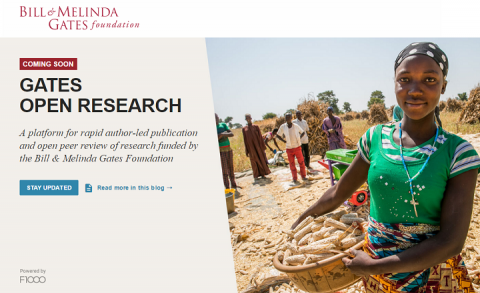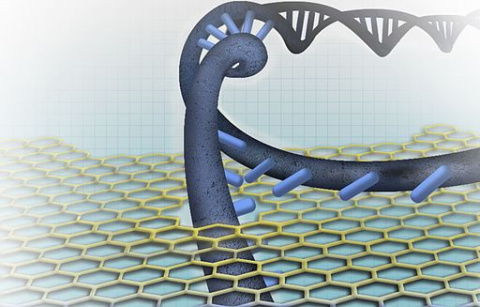The Preclinlical Reproducibility and Robustness channel facilitates the open and transparent publication and discussion of confirmatory and non-confirmatory studies in biomedical research. Alongside our open data and method policies, this space was developed as part of our continued efforts to implement publishing practices which promote reproducibility. Leonard Freedman, President of GBSI, discusses the Reproducibility2020 initiative and offers some welcome optimism.
On World Malaria Day, Dr. Audrey Odom John and April’s Faculty Member of the Month shares her eureka moment that stimulated her interest in research and is now keen to harness parasite-specific processes to develop new ways to diagnose or treat malaria.
Have a ten minute incubation period? Treat yourself to a short break and catch up with all that’s been happening in the world of Open Science!
Food production has benefitted immensely from revolutions: the prehistoric agricultural revolution that kick-started it all; the new practices and machinery that accompanied the industrial revolution; and the green revolution of the late 20th century that saw the rapid expansion of newly designed crop varieties and agro-chemicals; all of which helped feed the world’s burgeoning populations.
Collaborations can be a vital means to tackle complex scientific problems and global challenges. Although there can be benefits for research, it might not always be the best approach to take. Liz Allen discusses how to recognise the value of collaborations and the importance of understanding when and how to forge, sustain and nurture them.
Throughout the year, our Faculty works tirelessly to highlight the noteworthy studies and findings in their fields. In so doing, they not only help us maintain our sanity by keeping our ‘to read’ pile at a manageable level but also acknowledge the quality of research from their contemporaries, thereby helping to raise the profile of…
When we first launched F1000Research just over four years ago, we took the first step on a journey that we hope will change the way the results of scientific research are published by using a fully transparent post-publication peer review model. We are delighted to announce today that the Bill & Melinda Gates Foundation has agreed to join us on this journey by partnering with us to launch Gates Open Research using that same model of publication.
Open science could improve the dissemination of scholarly knowledge, but there is no commonly shared vision on how this could be achieved. Following discussions concerning the matter, guest authors, Katja Mayer, University of Vienna, and Peter Kraker, postdoctoral researcher at Know-Center, propose twelve principles that they hope will inspire a widespread discussion towards a shared vision for scholarly communication in the 21st century.
There has been a lot of excitement in the Nanopore community recently from long reads to technical updates. Publishing Editor, Hollydawn Murray, gives us a run down of recent events and speaks to F1000Research author Scott Gigante who has been part of the recent excitement.
Cluster Flow is a pipeline tool developed by the SciLifeLab Swedish National Genomics Facility and the Babraham Bioinformatics Group in the UK. It has been described in a Software Tool Article on F1000Research. In this guest blog, one of the article’s authors, Phil Ewels explains what Cluster Flow is and how it will be of use to the bioinformatics community.













